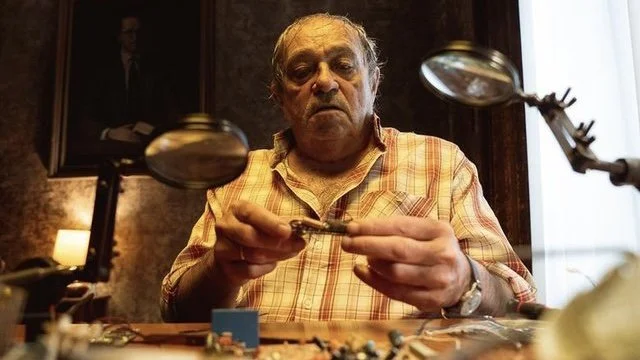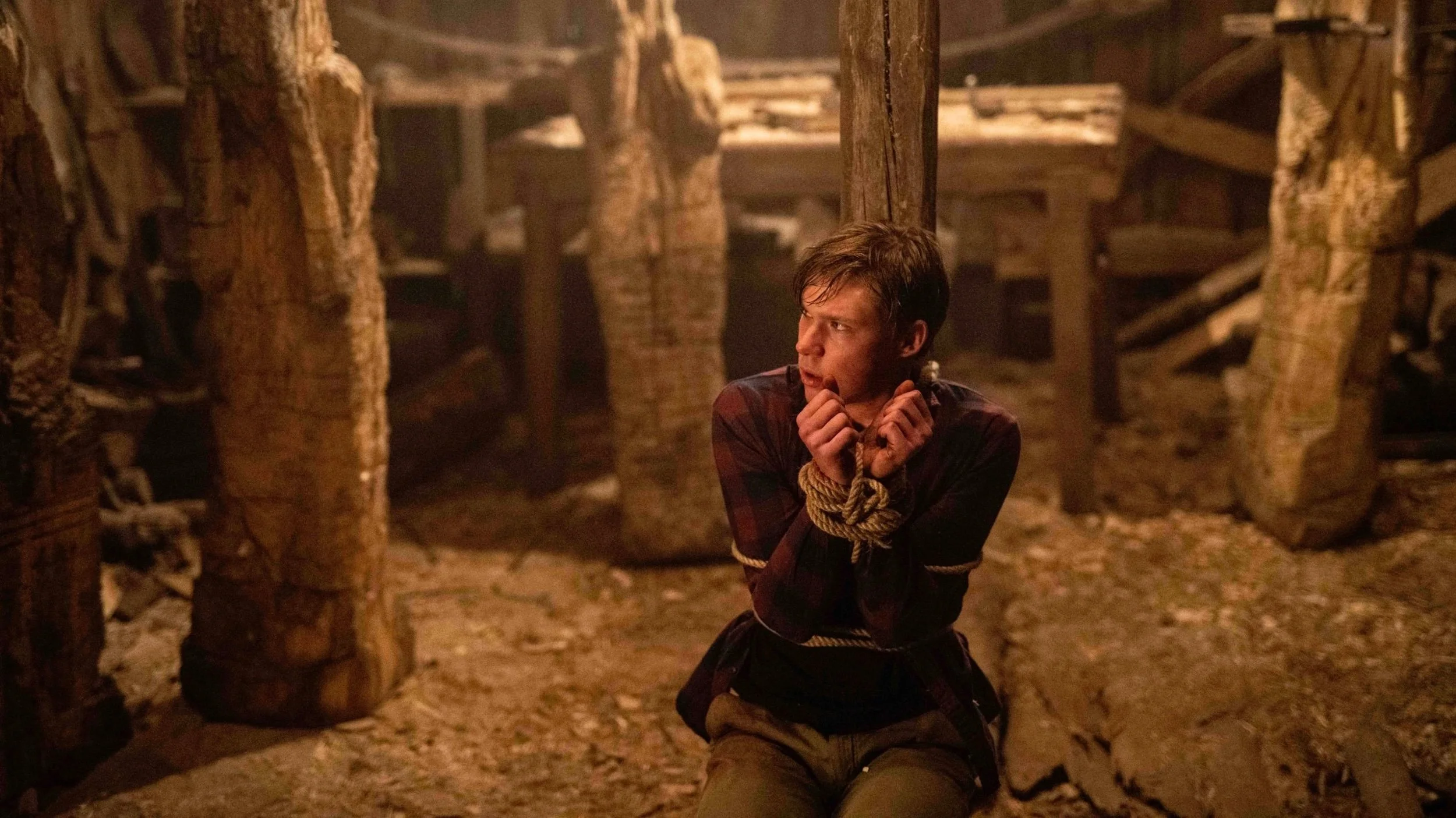Chattanooga Film Festival: Review — "The Elderly"
“Nobody listens to you, they ignore you,” says Naia as she confesses her fear of getting older. Naia, played by Paula Gallego, is a teenager with decades to go before she even approaches elderly status—if she reaches that period in her life, that is. The world as she knows it is going to hell, with her native Spain experiencing record-breaking heat. When the film starts, it’s 103° F, and the mercury continues to climb from scene to scene. This excruciating heat wave is doing serious harm to the elderly, who start to exhibit strange and erratic behavior, like Naia’s grandmother, who opens the film by killing herself out of the blue. Then, Naia’s grandfather Manuel develops a trauma-induced case of dementia that seemingly brings him closer to the paranormal. But just when The Elderly looks like it’s going to be a grief/haunting film, it pivots fully into eco/doomsday territory instead.
The MVP here, without a doubt, is cinematographer Ignacio Aguilar. Every frame feels sticky and gross. Aguilar’s dirty brown-amber-yellow-olive palette is a constant reminder that it’s never cool and comfortable in the decaying world of this film. In fact, these tones evoke warmth to the extent of misery. He also uses the lighting within the setting to his advantage. Naia, her father, his new wife, and Manuel live in an apartment with bad wiring. So, since the electricity is unreliable, they have various practical lamps scattered throughout their home. This set-up allows Aguilar to paint with a mixture of color temperatures and shadows. Aguilar also manages to form edges and accentuate facial features in the dark by taking full advantage of every character’s glistening, sweaty skin.
The temperature rises in tandem with the overall dread. Anytime my attention started to drift, everything got hotter and more intense. And the mysterious nature of it all grew more puzzling. By a certain point, there’s a lot bubbling under the surface—maybe too much—but it’s all fuel for the fire. Zorion Eguileor, who plays Manuel, delivers a performance that sores higher and higher as the atmosphere thickens. He goes from being a sympathetic abuelo to downright terrifying in a matter of moments. Stillness works really well for him. There’s a disturbing placidity to his presence that dials up the tension simply by standing out; he’s the calm amid the storm. I was scared of him, yet concerned for him, too, causing me to be conflicted over whether the “solution” to the conflict was for him to live or die…
Elderly folks die to make room for the young, a creepy old lady tells Naia. But what sort of planet are our elders leaving behind, really? I mean, the youth are inheriting the Earth in probably the poorest condition it’s been in since, what, the dawn of civilization? Right now, in June, I’m in Texas, where it’s presently 101° F, and in three days it’s supposed to be 109° F. Last week, a Dallas-area mail-carrier collapsed and died on his route; the heat index was 115° F. It’s only going to get worse—this summer and for summers to come. People are going to keep dying, with the infirm, the displaced, and the elderly being the most vulnerable…
There’s an interpretation of this film rooted in Naia’s aforementioned fear of being cast away at a certain age, suggesting that maybe the elderly’s volatile actions as temperatures rise are a manifestation of their resentment at being devalued and disrespected during hard times: Not enough people are working to shelter them with care, so now they’re lashing out at those who have neglected to protect them. Sure, that’s solid enough. But what if you’re a cynic like me? What if you view the previous generations as guilty for the way things are? (Now, I’m not saying that every old person is responsible—or even complicit—in the increasingly inhospitable state of our planet, but I’m not not saying that either…) So, what if the elderly devolving into homicidal savages is merely a reflection of what they’ve created, of the fucked-up tempestuous climate that’s going to kill future generations long before they even have a chance to become elderly? Because, let’s face it, one way or another, boomers will be the death of us all.


